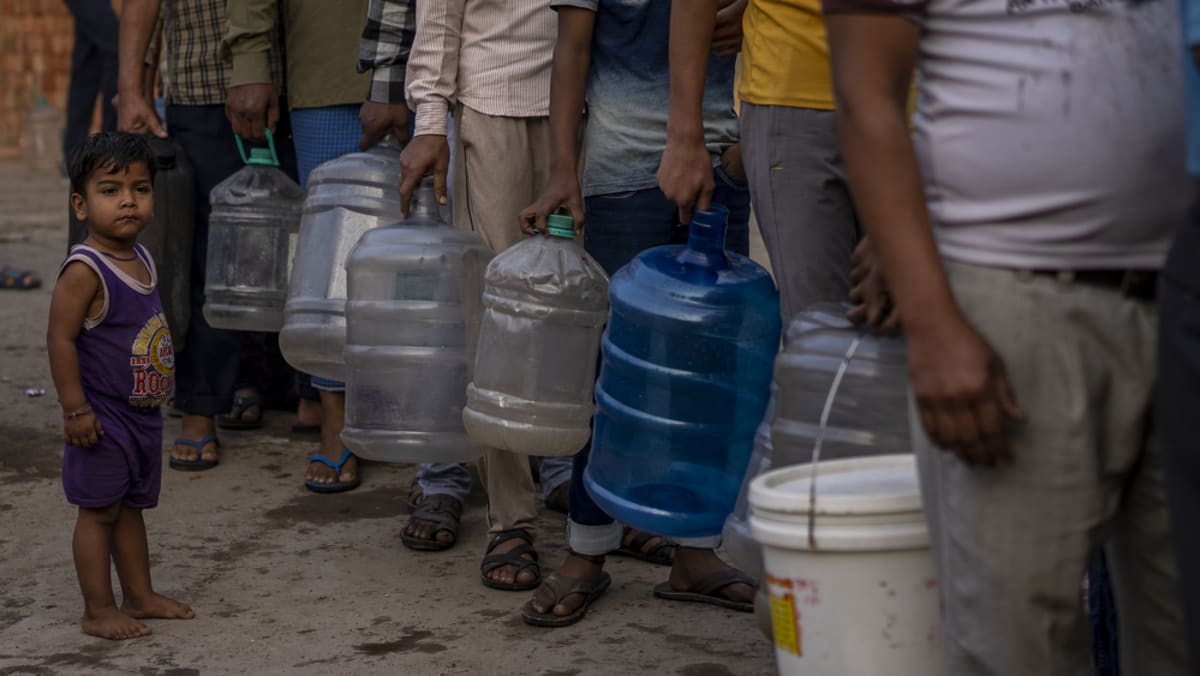Commentary: How the bottled water industry is masking the global water crisis
REGULATING THE BOTTLED WATER INDUSTRY
Last year, the World Health Organization estimated that the current rate of progress needs to quadruple to meet the SDGs 2030 target. But this is a colossal challenge considering the competing financial priorities and the prevailing business-as-usual attitude in the water sector.
As the bottled water market grows, it is more important than ever to strengthen legislation that regulates the industry and its water quality standards. Such legislation can impact bottled water quality control, groundwater exploitation, land use, plastic waste management, carbon emissions, finance and transparency obligations, to mention a few.
Our report argues that, with global progress toward this target so far off track, expansion of the bottled water market essentially works against making headway, or at least slows it down, adversely affecting investments and long-term public water infrastructure.
Some high-level initiatives, like an alliance of Global Investors for Sustainable Development, aim to scale up finance for the SDGs, including water-related ones.
Such initiatives offer the bottled water sector an opportunity to become an active player in this process and help accelerate progress toward reliable water supply, particularly in the Global South.
Zeinel Bouhlel is Research Associate and Vladimir Smakhtin is former Director of the Institute for Water, Environment and Health, United Nations University. This commentary first appeared on The Conversation.
For all the latest world News Click Here

